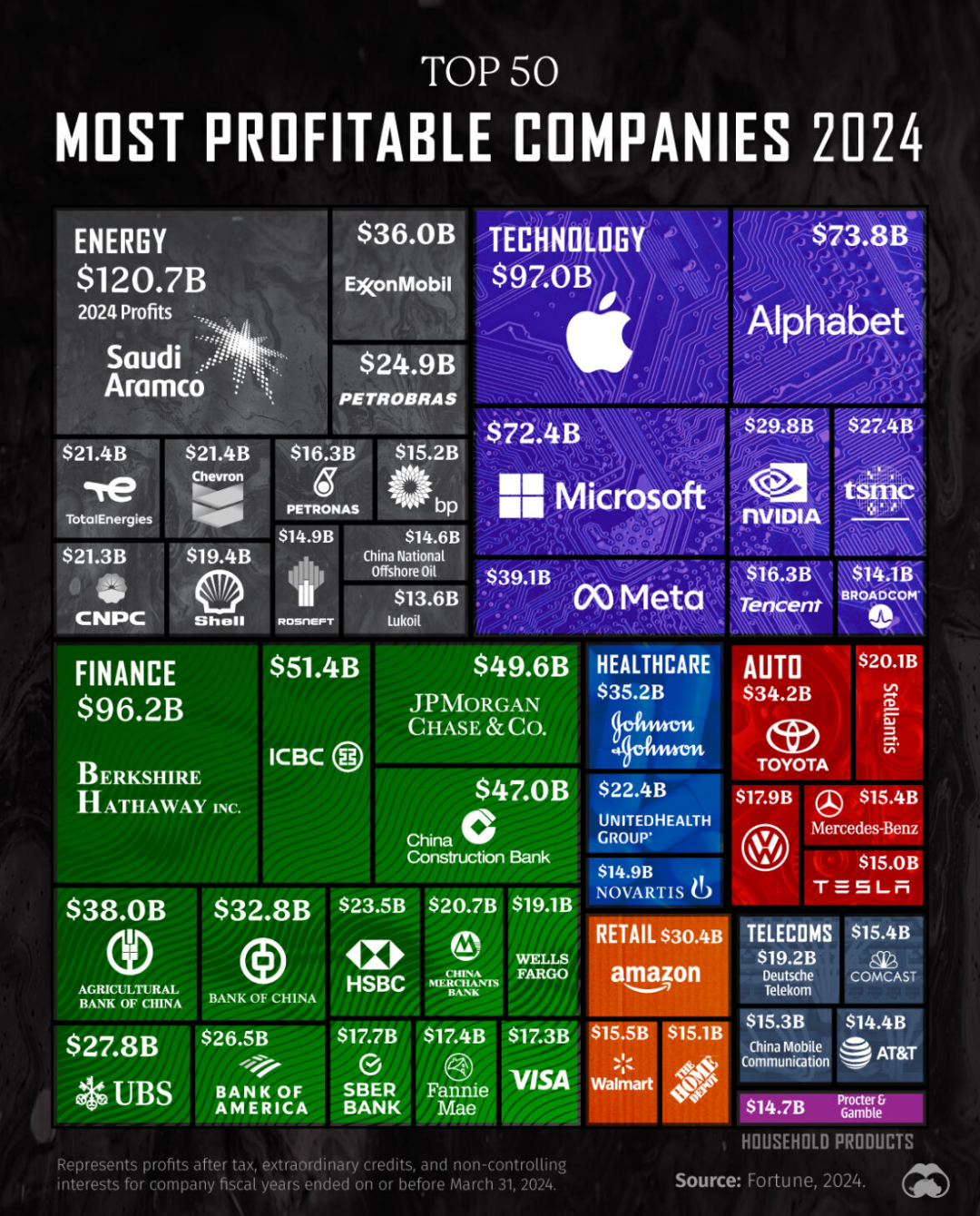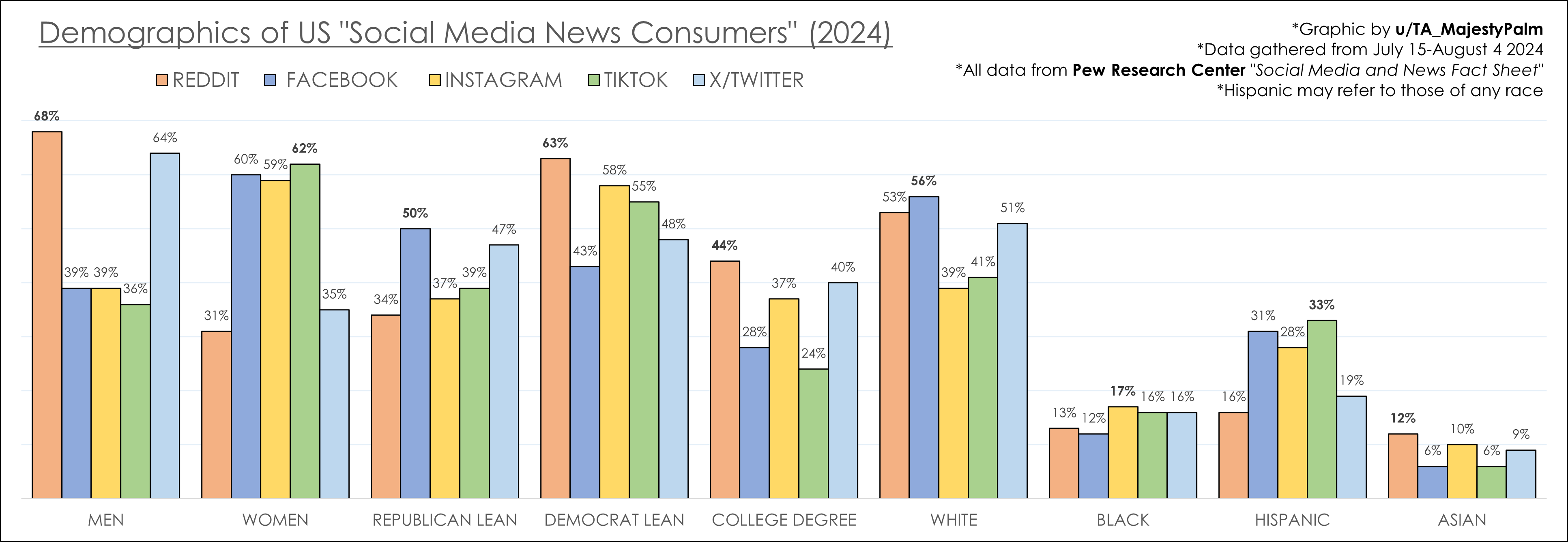What keeps Americans up at night in 2024? In a rapidly changing world, understanding the top fears held by Americans offers a window into the nation's psyche. As we navigate through political turbulence, economic fluctuations, and technological evolution, it's crucial to pinpoint what truly scares us. With 62% of Americans expressing fear of corrupt government officials and 58% worried about serious illness and cyber-terrorism, these apprehensions are reflective of deep societal concerns. This article dives into these fears, exploring their implications and what they reveal about current societal and cultural trends.
Analyzing the Top 10 Fears of Americans in 2024
The Chapman University Survey of American Fears in 2024 reveals a compelling snapshot of societal anxieties. The fear of corrupt government officials tops the list at 62%, underscoring a profound distrust in political systems. This apprehension is mirrored in the fear of cyber-terrorism and serious illness, both at 58%, indicating concerns over personal security and health. These fears reflect broader societal trends, such as the erosion of trust in governance and the ongoing public health challenges post-pandemic. The emphasis on technology-related fears highlights an increasing awareness of cyber threats in a digital age.
- Corrupt government officials: 62%
- People becoming seriously ill: 58%
- Cyber-terrorism: 58%
- Tracking of personal data by corporations: 55%
- Biological warfare: 54%
- Identity theft: 53%
- Economic collapse: 52%
- Terrorist attacks: 51%
- Running out of money in the future: 50%
- High medical bills: 49%
These top fears reveal deep-rooted concerns about governance, technology, and economic stability. The fear of economic collapse and running out of money reflects anxiety over financial security amidst fluctuating economic conditions. Meanwhile, the high percentage of fears related to health, such as high medical bills, points to ongoing issues within the healthcare system. Collectively, these fears indicate a society grappling with rapid technological advancements, economic uncertainties, and a desire for stable and transparent governance.
Political and Economic Fear Factors
The fear of corrupt government officials stands prominently at the top of the list of American anxieties in 2024. This fear reflects a significant erosion of public trust in political systems and institutions. 62% of Americans express concern over the integrity of their leaders, fearing decisions that prioritize personal gain over public welfare. This pervasive distrust can lead to decreased civic engagement and skepticism toward governmental policies, potentially destabilizing democratic processes.
Economic fears also loom large, with inflation and unemployment being primary concerns. The recent financial fluctuations have heightened these worries, as rising costs of living and job insecurity become more prevalent. Inflation, in particular, erodes purchasing power, affecting everything from daily necessities to long-term savings. Unemployment fears are fueled by a volatile job market, where automation and global competition create uncertainty about future employment opportunities.
These fears significantly impact the daily lives of Americans, influencing both personal and financial decisions. Individuals may delay major life events such as buying a home or starting a family due to economic instability. Additionally, the combination of political unrest and economic unpredictability fosters a climate of anxiety about the future. As Americans navigate these challenges, there is a growing demand for transparency and stability from both political and economic institutions to rebuild trust and confidence.
Health and Personal Safety Concerns
Concerns about health dominate the landscape of American fears in 2024, with many still feeling the impact of the COVID-19 pandemic. The fear of serious illness has become a central issue, as individuals worry about their vulnerability to both existing and new diseases. This anxiety is compounded by fears of high medical bills, which rank high on the list of societal concerns. The ongoing healthcare challenges, such as access to affordable care and the potential for future pandemics, keep these fears at the forefront of public consciousness. As a result, there is a growing demand for improved healthcare systems and preventive measures to alleviate anxiety related to illness and death.
The fear of gun violence and rising crime rates further exacerbates personal safety concerns in 2024. As crime rates increase in various regions, Americans find themselves more apprehensive about their safety at home and in public spaces. Gun violence, in particular, stands out as a major societal issue, with many individuals fearing for their lives in situations that were previously considered safe. This fear is not only a reflection of the current crime statistics but also a reaction to widely publicized incidents of violence. Communities are calling for more effective law enforcement and legislative measures to address these public safety issues and restore a sense of security.
| Fear Category | Percentage of Respondents |
|---|---|
| Serious illness | 58% |
| High medical bills | 49% |
| Gun violence | Significant |
| Rising crime rates | Significant |
The Impact of Technological Advances on American Fears
As technology becomes increasingly embedded in everyday life, cyber-terrorism emerges as a significant fear for Americans, with 58% expressing concern. This anxiety stems from the potential for malicious actors to exploit digital vulnerabilities, leading to breaches in personal and national security. The pervasive nature of technology means that both individuals and institutions are at risk, heightening fears of privacy invasion. The more our lives are intertwined with digital ecosystems, the greater the perceived threat to personal information and autonomy. As a result, there is a growing demand for robust cybersecurity measures to protect sensitive data and maintain trust in digital platforms.
Concerns about job displacement due to automation and artificial intelligence (AI) further compound these fears. As technology advances, many traditional jobs face the threat of being automated, leading to economic instability and personal insecurity. Workers fear losing their livelihoods to machines capable of performing tasks more efficiently and cost-effectively. This shift not only affects individual employment prospects but also has broader implications for economic stability. As automation and AI continue to evolve, there is an urgent need for policies and strategies that address these concerns, ensuring that technological progress benefits society as a whole without leaving vulnerable populations behind.
Environmental and Global Fears
How is climate change anxiety impacting Americans in 2024? Climate change anxiety is significantly impacting Americans due to the increasing frequency and severity of natural disasters and environmental instability. Events such as hurricanes, wildfires, and floods have become more common, leading to widespread concern about the future of the planet. These environmental changes not only cause immediate damage but also raise long-term fears about the sustainability of resources and the livability of certain regions. This anxiety is compounded by the perception that not enough is being done at the governmental and corporate levels to address climate change effectively.
What are the fears related to nuclear threats and terrorism? Fears related to nuclear threats and terrorism are driven by ongoing geopolitical tensions and the potential for global conflicts. The specter of nuclear warfare looms large as international relations become increasingly strained, with countries expanding their nuclear arsenals and engaging in aggressive rhetoric. Similarly, terrorism remains a persistent fear, as extremist groups continue to pose threats both domestically and internationally. These fears are exacerbated by the unpredictability of such events and the devastating impact they can have on civilian populations.
What are the potential long-term effects of these fears on American society? The potential long-term effects of these fears on American society include heightened stress and anxiety levels, which can affect mental health and overall quality of life. Climate change anxiety may lead to increased demand for sustainable living practices and pressure on policymakers to implement more rigorous environmental protections. Concerns about nuclear threats and terrorism could influence public opinion on foreign policy and defense strategies, possibly leading to increased support for diplomatic efforts and international cooperation. As these fears persist, they may drive societal shifts toward greater environmental awareness and a focus on global stability and peace.
Final Words
Exploring the top fears held by Americans in 2024 reveals critical insights into contemporary anxieties.
Political unrest and economic instability underscore a deep-rooted concern about government integrity and financial uncertainties.
Health concerns highlight vulnerabilities around illness and public safety, notably in the context of rising crime rates and gun violence.
Technological advancements introduce fears of cyber security threats and privacy invasions, while automation raises worries about job displacement.
Finally, environmental and global anxieties reflect the impact of climate change and geopolitical tensions.
Understanding these fears allows individuals and policymakers to address these issues more comprehensively, fostering hope for a more resilient society.



